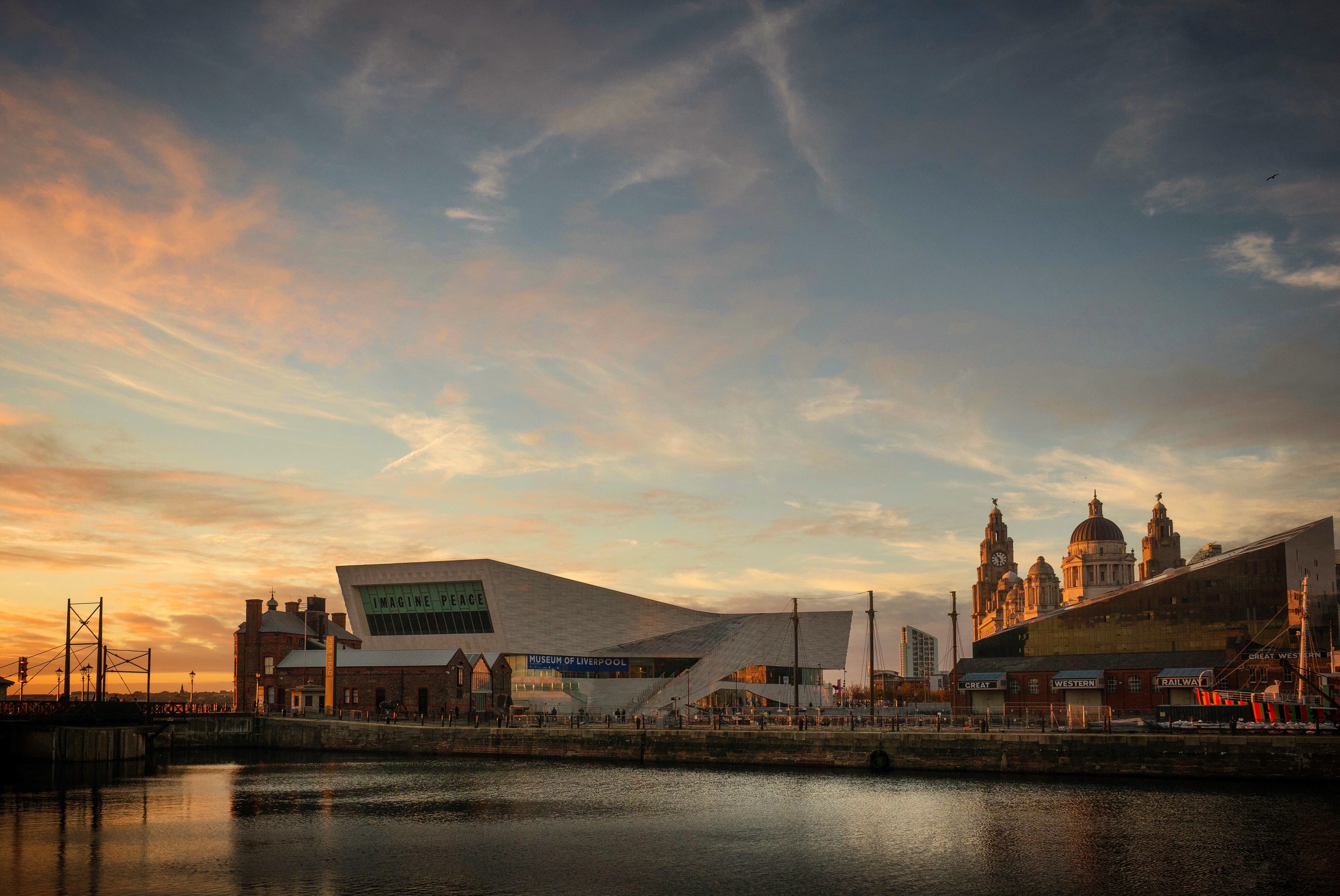Navigating the challenges: The EU’s to-do list ahead of the 2024 elections
| By Jessica Brobald | 0 Comments

By Jessica BROBALD – Managing Director | Brussels, European Union
The curtains are soon to close on the term of the current European Commission, as we find ourselves less than a year away from its conclusion. Since taking office in 2019, the von der Leyen Commission has been nothing short of prolific, introducing over 600 initiatives, with more than 150 proposals still making their way through the legislative process. Now, as election season looms on the horizon, European institutions are rolling up their sleeves and preparing to tackle a slew of urgent issues, many of which have been further complicated by Russia’s invasion of Ukraine. The recently published 2024 Commission work programme outlines 18 new potential initiatives and a handful of legislative proposals, many of which aimed at bringing the Green Deal ambitions to life. However, much work remains to be done to make this vision a reality.
The political landscape in the EU is anything but simple at the moment. The rise of extremism in several member states has created a complicated backdrop against which the bloc must navigate international crises and an energy crunch. This tense political climate could pave the way for a greater number of Eurosceptic MEPs in the upcoming European elections. This, in turn, could make it more difficult to pass certain files that are currently under scrutiny in parliament.
The 2019 European elections saw a surge in popularity for the Greens, and the European Commission has since been pushing forward with its ambitious Green Deal initiative. However, the upcoming elections could tell a different story. While the Green movement has certainly gained traction, there is a possibility that we may see fewer Green MEPs in the new parliament, and that the incoming Commission may not be as committed to environmental issues as the current one. Only time will tell how these complex dynamics will play out in the political arena, but one thing is for certain: the upcoming European elections will be a pivotal moment that shapes the future of the EU.
An advanced but unachieved Green Deal
The European Green Deal, which was the core of this Commission programme, is a groundbreaking initiative to transform the EU’s economy and achieve climate neutrality by 2050. Legislative proposals have been approved, driving the growth of renewables, with wind and solar power outpacing gas in 2022. However, nuclear energy – championed by France – remains a central topic of debate in these discussions. With winter fast approaching, the EU is aiming for more energy independency and price stability to stave off European citizens’ fears of another energy crunch. Additionally, environmental and sustainability policies have been met with resistance, as seen in the contentious Nature Restoration Law and Packaging and Packaging Waste Regulation currently being debated.
While an important part of the Green Deal has been finalised, many of this Commission’s flagship initiatives have yet to come to fruition. The 2024 Work Programme outlines plans to tackle air, water, and nature restoration issues. However, the EU has failed to fulfil its commitments to revise REACH, the chemical regulatory framework, animal welfare legislation, and to propose new legislation on Sustainable Food Systems. These issues are critical to the success of the European Green Deal and will now depend on the political orientation of the future European Commission. Environmental policy will likely remain high on the political agenda and be under the spotlight throughout the election campaign, although a Green Deal 2.0 is not expected under the new European Commission. Monitoring the Commissioner-designates’ hearings on these key topics will be crucial for stakeholders to plan ahead.
On the path to making Europe fit for the Digital Age
The emergence and popularisation of generative AI tools have led to delays in negotiations on the AI Act. While under pressure to reach an agreement before the elections, policymakers still have to overcome a few hurdles. One of the key issues being debated is the use of real-time biometric identification in public spaces. While the European Parliament is pushing for a complete ban on the practice, some member states are seeking exceptions for law enforcement purposes. As debates heat up in this area, it is likely that this topic will be up for discussion again on a regular basis, especially as technology continues to evolve at a rapid pace.
Although many files are expected to be finalized by the end of this parliamentary term, implementing these legislations, including the DSA and DMA, will require stakeholders’ full attention before and after the European elections. It’s important for us to stay informed and engaged with these developments to ensure that technology is being used responsibly and ethically.
Other policy issues on the Parliament and Commission’s to-do list before the elections
The EU is also currently reviewing EU legislation on pharmaceuticals. This revision is often seen as a once-in-a-generation opportunity to create a regulatory framework that is future-proof and crisis-resistant. This framework should ensure access to affordable medicines, foster innovation, improve the security of supply, and adapt to new scientific and technological developments while reducing red tape. However, it has sparked heated debates on pharmaceuticals’ environmental impact, as well as fair returns on investment for the industry’s R&D efforts. Although the dossier has been referred to the relevant EP Committees, it may take a while before negotiations on this issue are finalised. At the moment, it is uncertain whether the institutions will be able to produce a high-quality text in the limited time available for negotiations. The clock is ticking, and time is running out.
Budget Constraints: a source of tension before and after the European elections
The new European Commission will have to work with the Multiannual Financial Framework (MFF) defined for the 2021-2027 period. However, since the MFF was adopted, the world has been shaken by several crises. These include the war in the Ukraine, conflicts in the Middle East, and the ongoing energy crisis. As a result, the EU’s needs from 2024-onward may not line up with what has been budgeted. To address these challenges, the European Commission recently proposed an additional €66 billion to the bloc’s seven-year budget. However, with the rise of Euroscepticism, financing projects and policies that benefit the entire EU has become a complex task.
Conclusion
As the Commission and Parliament approach the end of this term, the Union is facing a multitude of complex challenges and a lengthy to-do list. The period leading up to the 2024 European Elections promises to be a critical and busy time. During this period, the EU will tackle a range of issues, from Ukraine’s potential accession to the regulation of AI, as well as enhancing EU energy sovereignty. The outcome of these endeavours will have significant implications for the EU’s future and its global standing.
The next Commission and Parliament will inherit a number of unresolved issues and will be responsible for managing and finalizing them while also setting their own priorities for the next five years.




